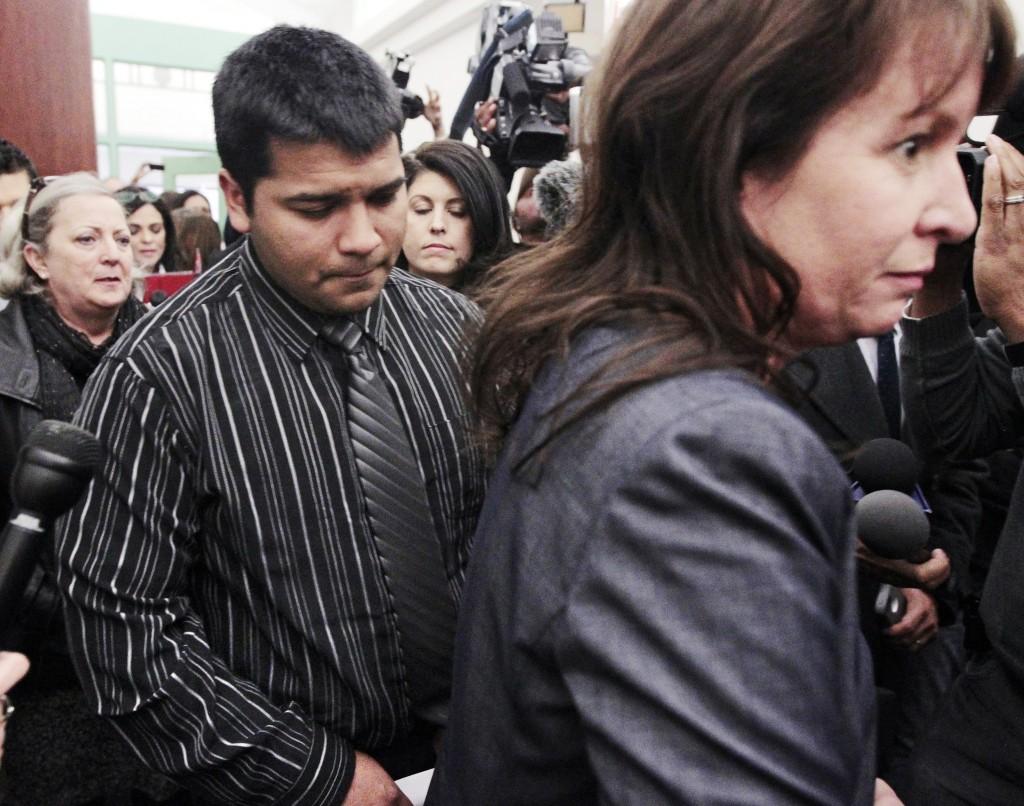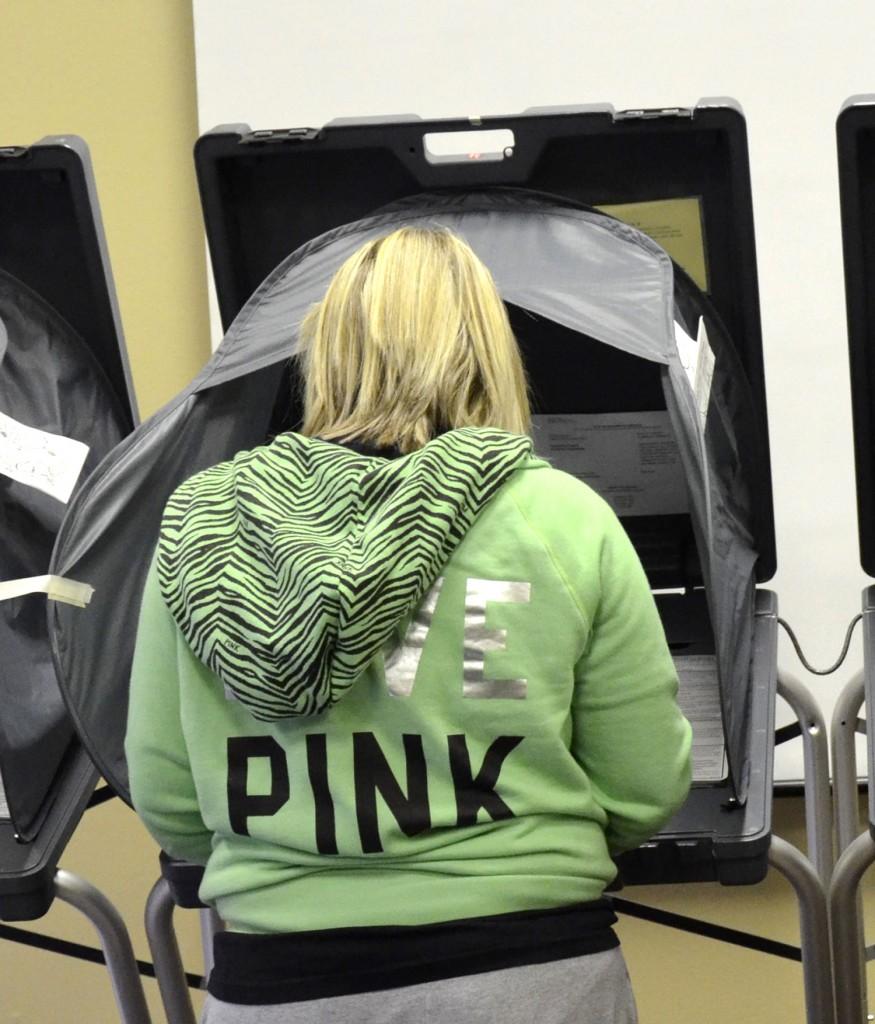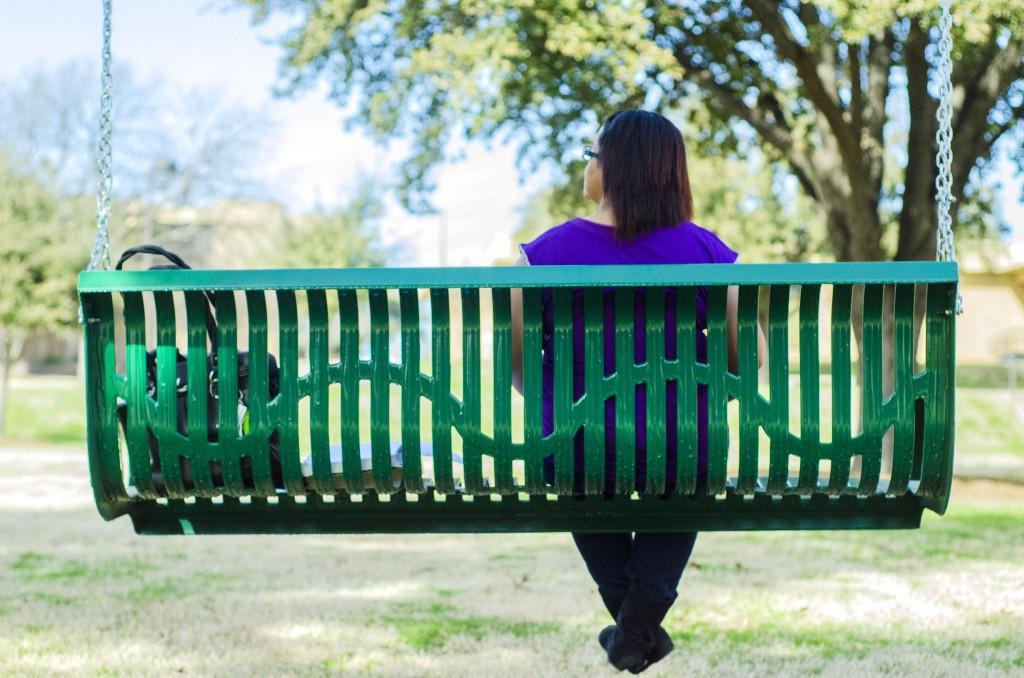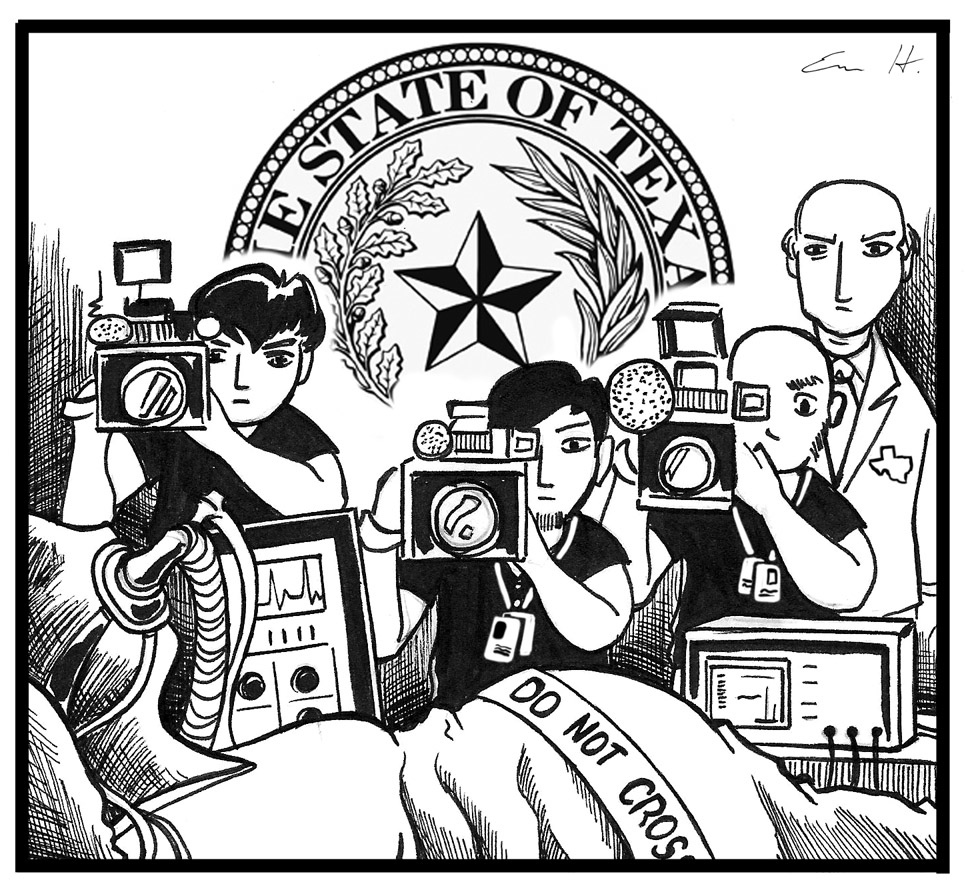By Mathew Shaw/se news editor
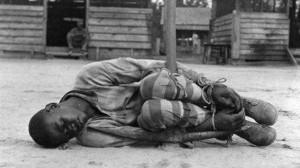
SE students can view and discuss four documentaries throughout February, each pertaining to a topic in African-American history.
Clips will be shown from Slavery by Another Name, presented by SE history associate professor Greg Kosc; The Loving Story, presented by South history associate professor John Lundberg; a discussion on youth activism in the Dallas/Fort Worth area during the civil rights movement by NE history instructor Tramaine Anderson; Freedom Riders, presented by SE government instructor Ruthann Geer, and The Abolitionists, presented by SE history instructor Kallie Kosc. Afterward, the presenters will lead public discussions on the content of the clips.
Slavery by Another Name, which will be shown 1-2 p.m. Feb. 3 in the SE library, is about the post-Civil War perpetuation of involuntary servitude forced upon African-Americans in the South until World War II. The film is based on the 2008 Pulitzer Prize-winning book of the same name by Douglas A. Blackmon.
Kosc said he intends to get to the root of the common stereotypes of African-Americans being lazy and abusing the welfare system by discussing the harsh, long-term economic realities they have faced.
“Ultimately, the point is that as a society we have come to associate ‘blackness’ with so many pejorative meanings,” he said. “Yet, we have done so without any understanding of what African-Americans have truly been up against since the end of the Civil War.”
The case of Richard and Mildred Loving, an interracial couple whose marriage was not recognized in their home state of Virginia, which prohibited interracial marriage, is unique because it involved two ordinary people dealing with something more intimate and personal than voting rights or public accommodations — marriage, said Lundberg, presenter of The Loving Story.
“The idea that marriage could be restricted based on the skin color of your partner is, I think, a shocking concept to many of our students and even many adults in the community,” he said.
Until the Supreme Court struck down laws banning interracial marriage in the 1967 Loving v. Virginia case, 16 states, including Texas, had laws against mixed-race marriages.
The Loving Story will be shown 5:30-6:30 p.m. Feb. 13 in the SE library.
Freedom Riders, which will be shown 2:30-3:30 p.m. Feb. 20 in the SE library, is about an interracial group of college students who rode segregated buses throughout the Deep South in 1961 to challenge interstate transportation’s segregationist policies.
Geer, who was in middle school when the freedom rides took place, recalled her first exposure to bigotry when she attended the Golden Gloves boxing match in Fort Worth during her senior year in high school and listened to the catcalls from the audience against the boxers.
“If the boxers were white against black, it was basically ‘Kill the [n-word],’” she said.
SE student Jennifer Aleman, who is in Geer’s government class and plans to attend her presentation, said she feels a connection with the freedom riders.
“When first learning what they did, I was overjoyed that young adults were actively taking action to accomplish something that was long overdue,” she said.
Aleman said it is hard to find young people passionate about things that will affect their lives down the road.
Kallie Kosc, who will present The Abolitionists 11:30 a.m.-12:30 p.m. Feb. 27 in the SE library, said she was eager to moderate the discussion after her positive experience with her talk on lesbian, gay, bisexual and transgender issues in November.
Kosc said she hopes the documentary and discussion will help bring awareness to society’s collective past.
“I’m hoping to facilitate a larger discussion not only of the movement itself but of activism’s place in America’s past and present,” she said.
Anderson’s presentation of youth activism in the Dallas/Fort Worth area will take place 1-2 p.m. Feb. 18 in the SE library.
The presentations are part of the Created Equal: America’s Civil Rights Struggle project. They are made possible through a grant awarded by the National Endowment for the Humanities and the Gilder Lehrman Institute of American History.






















